How can we open up home and land ownership to everyone? How can we make sure legal power is distributed? What if healthy food systems were led by Black churches? Who are natural allies in extending mental health care to more communities? These are some of the questions our newest Ashoka Fellows in the U.S. are working on - creatively, persistently, collaboratively, and in ways that allow all of us to contribute.
So, welcome to our new Fellows! And to everyone else, you are in for a treat: discover their powerful ideas below and stay tuned for deeper dives into insights and impact in the weeks ahead. Together, these Fellows show the way to a better future, where all people can participate fully, and are supported as changemakers.
Now: explore & share!
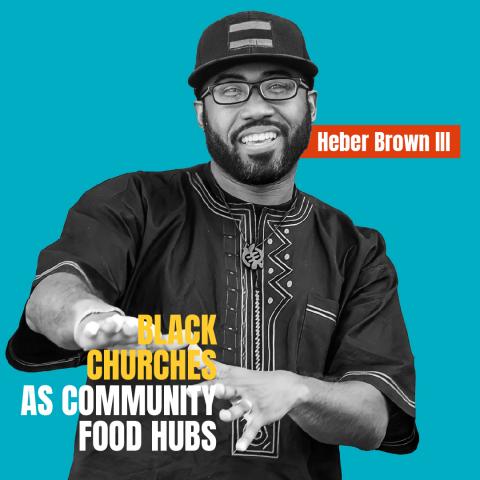
New Idea: A former pastor in Baltimore, Heber is turning to the most resilient of Black institutions, the Black Church, to create food ecosystems that bring wealth, health, and power to communities across the country.
Why we’re excited about Heber: For communities that experience food insecurity and accompanying health disparities, commercial solutions are not always helpful. Heber is creating a Black-led alternative – a national network of food trucks, farmers, community food hubs and pantries – that is anchored by the Black Church.
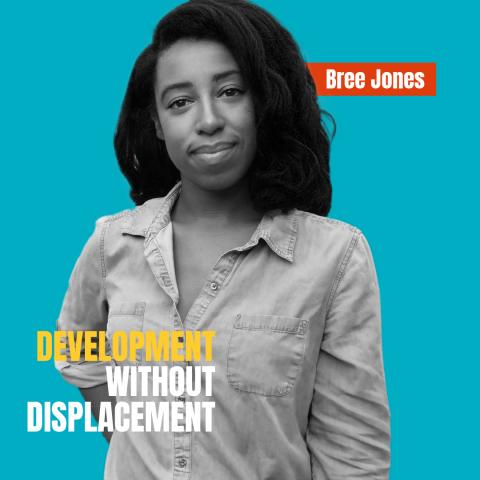
New Idea: Working with first-time home buyers and an array of city actors, Bree is transforming historically redlined neighborhoods into opportunities for Black homeownership and block-level restoration.
Why we’re excited about Bree: At a moment when home ownership is increasingly out of reach for many, Bree is connecting families with opportunities to purchase affordable homes in hyper-vacant neighborhoods and, as a community, revive whole city blocks. Her development approach restores Black wealth without displacing legacy residents.
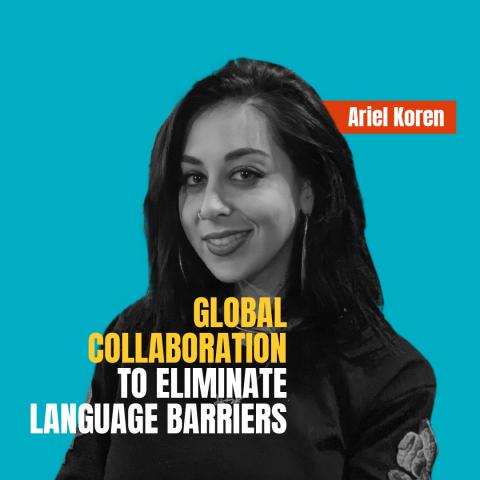
New Idea: Ariel is connecting speakers of all language groups with quality, appropriate translation when it matters most: navigating the health care system, the immigration system, and more.
Why we’re excited about Ariel: By elevating access to expert translation as a basic right, Ariel is working towards a future where people of diverse backgrounds and language groups can give and receive vital information and participate fully in society.
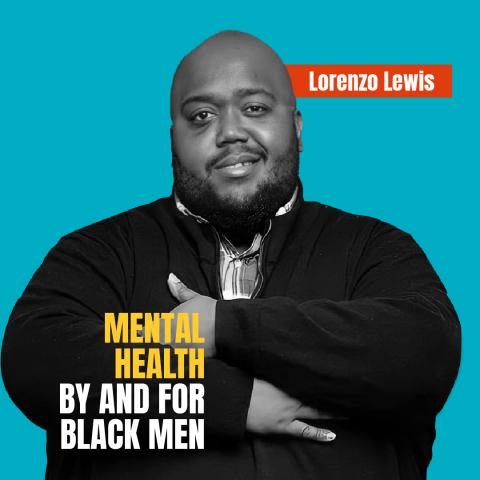
New Idea: Lorenzo reimagines neighborhood barber shops in Black communities as mental health and wellbeing access points.
Why we’re excited about Lorenzo: Lorenzo is leveraging existing, trusted community spaces to support the wellbeing and mental health of Black men and boys. His creative approach is an alternative to traditional treatment methods that consistently fail to meet the needs of Black communities.
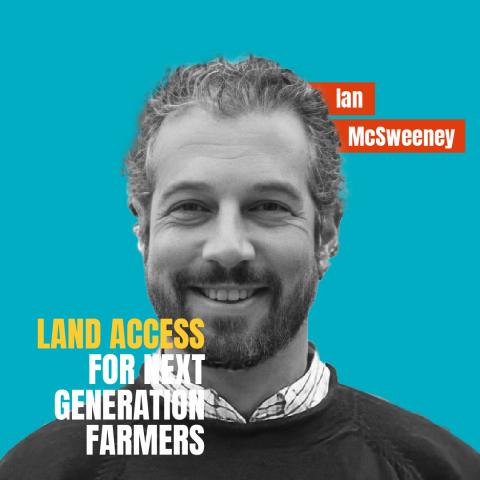
New Idea: Ian is introducing a new model of farmland ownership for America’s next generation of small-scale farmers.
Why we’re excited about Ian: 400 million acres of U.S. farmland will change hands in the next decade. With the cost of land prohibitively high for many young farmers, how and to whom this land transitions will greatly impact the future of regenerative agriculture - and the planet.
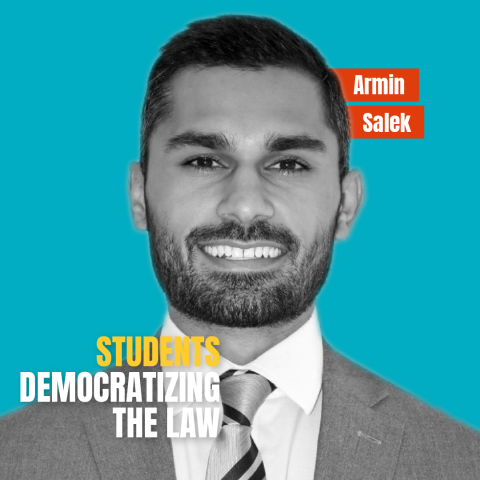
New Idea: Armin supports high school students, working in tandem with trained lawyers, to access new career pathways, while addressing unmet legal needs in their communities.
Why we’re excited about Armin: Our legal system can seem inaccessible, perhaps especially to young people. But it impacts us all - and learning to use the law in a supported way and at an early age leads to strong citizenship, new career pathways for young people, and a future legal profession that will be tapped into the issues diverse communities face.
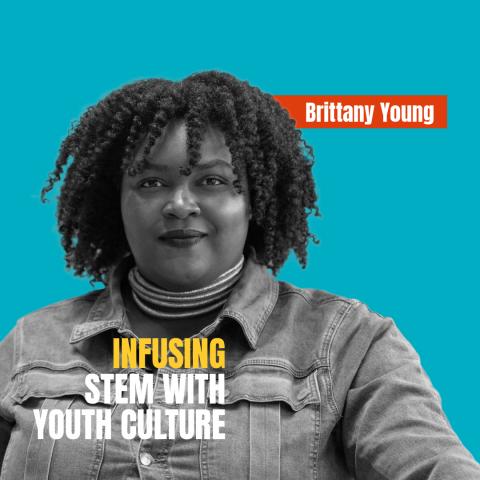
New Idea: Brittany believes that effective STEM education can happen only when young people’s interests are piqued and passions stoked.
Why we’re excited about Brittany: She has found that when city leaders and schools embrace young people’s passions – such as dirt bike riding – this creates opportunities for deeper learning and changes the way young people show up in their cities.
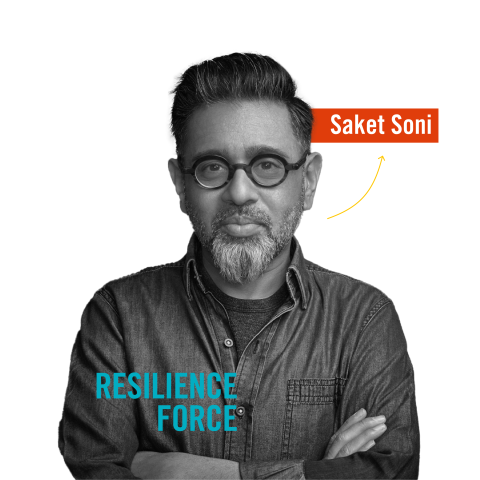
New Idea: Saket is building the systems of recognition, certification, and support for the growing labor force of resilience workers – the essential workers of the new climate change era.
Why we’re excited about Saket: He has created a whole new way to organize around an underutilized set of levers. By revaluing this essential workforce, updating powerful labor organizing tools for the modern era, and collaborating with key partners in government and industry, Saket is rewriting the rules of disaster recovery with resilience at its core.
Heber, Bree, Ariel, Lorenzo, Ian, Armin, Brittany and Saket join our global network of almost 4,000 social entrepreneurs in 90+ countries (since 1981), including 300 Ashoka Fellows here in the U.S. (since 2001). As ever, we extend deep gratitude and appreciation to each of our Fellows and to their colleagues and communities - as well as to Ashoka’s community of friends and supporters.
Follow along for more innovative solutions from across the United States at @AshokaUS & ashoka-usa.org. If you would like to follow Fellows and their impact, we curate a weekly brief with news and insights, and a weekly conversation series with Fellows worldwide. You can sign up here. Enjoy!